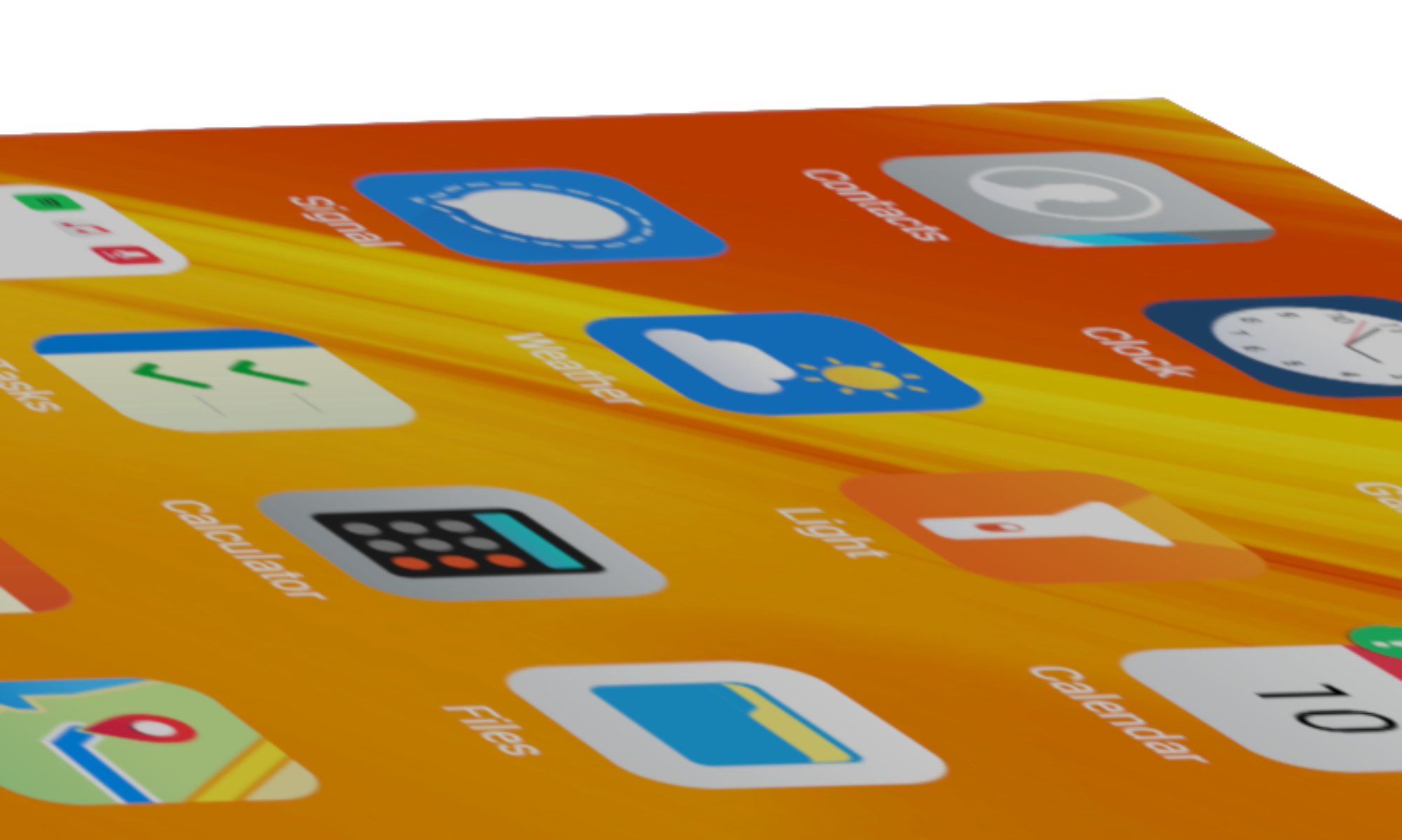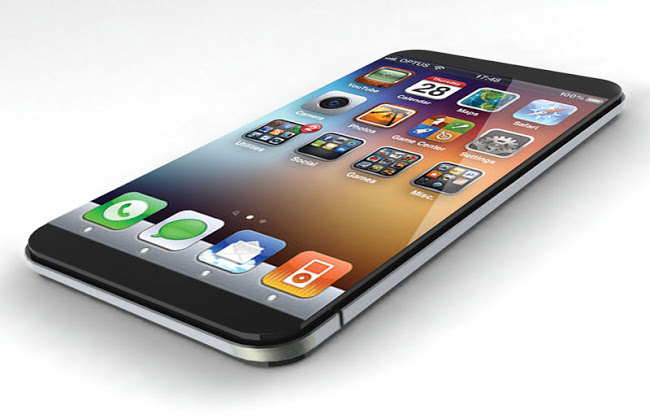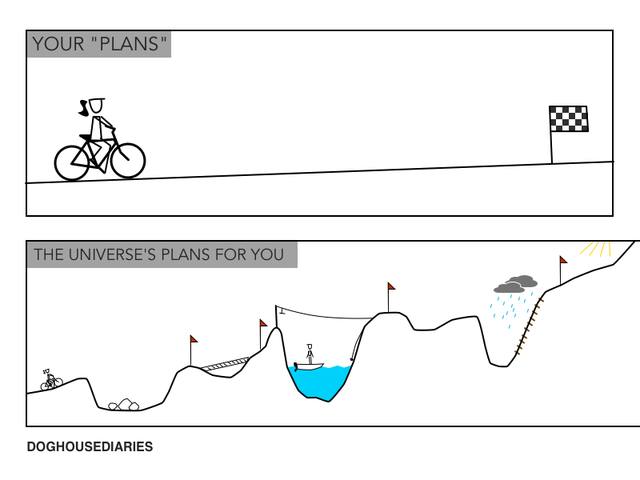
iOS7: Steve Jobs is dead, really dead now
iPhone 6 preview…
OpenMandriva foundation becomes fully independent
It’s been created as a non-profit organization (Association Loi de 1901). Read at h-online.
Mandriva Linux Foundation: “OpenMandriva”
There is now a name for the Mandriva Linux Foundation, it’s OpenMandriva
OGM, Monsanto : danger pour le vivant
Etude toute fraîche d’une équipe de recherche de l’Université de Caen : Un maïs OGM de Monsanto soupçonné de toxicité.
Raspberry Pi + LEGO = Supercomputer
What else to say? All details on this page! 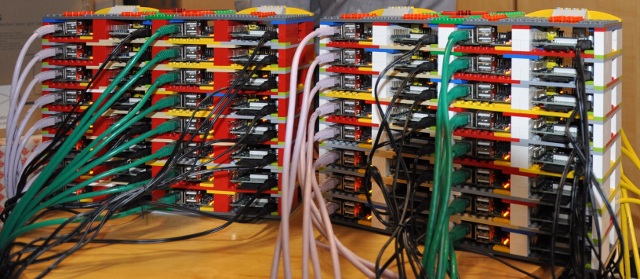
The very end of the PC era, and why Android/Linux is about to Win
Even as a Linux enthusiast and big Linux promoter for decades, it’s not a mystery that I’ve never been an Android fan. In particular, all the user experience in Android is all but what mom and dad need (they need the iOS UI).
 Nevertheless, in the past few months there have been many, many signs that Android/Linux is going to win massively on personal computing devices, and that it means the end of the PC era.
Nevertheless, in the past few months there have been many, many signs that Android/Linux is going to win massively on personal computing devices, and that it means the end of the PC era.
The last two examples are:
– this mini PC running Android 4.0, that contains just what everyone needs at home as a basic PC. And it costs… $68.20!
– the Nikon Coolpix S800c which is loaded with Android so it can make itself all the job to publish and share pictures on the net, for example.
This is the very end of the traditional PC as we have seen it for years! Android/Linux, which is gaining a better user interface over the time, is going to be everywhere, on every device. And the main user PC will now concentrate on the smartphones and tablets that can possibly plug to more confortable terminals (better keyboard, TV or dedicated screen…).
The reason of the Android success? It’s open and free. On the opposite side, Apple’s iOS is *VERY* closed and expensive.
Apple has been making the money because they have revolutionized the smartphone market since 2007 and has kept for a while an advantage of the innovation side. But they are still doing money because of the cinetic energy of the iPhone and iPad on the market. And they are very unlikely to stay as one of the biggest market cap on the planet, because Android is moving fast and incredibly big.
Linus, you can be proud of this accomplishment!
Ulteo OVD v3 review on VirtualizationPractice.com
Here is an interesting review of Ulteo Open Virtual Desktop v3 on a specialized website: Ulteo OVD 3 – Open Source Remote Desktop
And the new software revolution is coming (faster than you think)
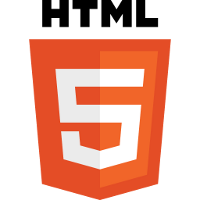 During the past week, I’ve read a number of small news related to HTML5/JS developments such as the “world’s first HTML5 SIP client“. I’ve also played with a few online HTML5/JS applications that I’ve found rather impressive. And I’ve learned that several software vendors, such as Adobe and Google, were abandonning Linux support for several desktop applications. Earlier, there’s been Google Chrome OS, and more recently a new project announcement: Boot to Gecko (in short: Linux kernel+a web browser as a desktop) has been started by the Mozilla Foundation. All these news may not sound very impressive if you consider them separately, but if you put them together, then you should see something like a big light bubble switching on to say “something is happening”.
During the past week, I’ve read a number of small news related to HTML5/JS developments such as the “world’s first HTML5 SIP client“. I’ve also played with a few online HTML5/JS applications that I’ve found rather impressive. And I’ve learned that several software vendors, such as Adobe and Google, were abandonning Linux support for several desktop applications. Earlier, there’s been Google Chrome OS, and more recently a new project announcement: Boot to Gecko (in short: Linux kernel+a web browser as a desktop) has been started by the Mozilla Foundation. All these news may not sound very impressive if you consider them separately, but if you put them together, then you should see something like a big light bubble switching on to say “something is happening”.
And yes something is happening: HTML5/JS is becoming a real alternative to traditional desktop applications programming. Thanks to the recent and major improvements in the speed of JavaScript engines in web browsers (especially Chromium & Firefox), it’s opening the door to a new wave of applications that can, in my opinion, replace most existing legacy desktop applications, moving them to the web, adding the benefit of efficient online services, while offering the capability to be usable offline since most of the code will run client side. To top it all, HTML5/JS applications will naturally be cross-plateform so you get rid off the nightmare of MacOS/Linux/Windows/iOS/Android etc. development & maintenance.
Now, of course, my bet is that some desktop software developers will say that JavaScript is just crap, and that they’ll stick with the languages they have learned and learned to love all those years.
But, you’ll have a part of those developers who get the story and massively jump on the HTML5/JS bandwagon, moving the software world to tomorrow, and creating new software stars. Over the years, the small part will grow quickly, because the world is open, because access to IT resources is cheaper and cheaper, because there are 6 billions brains on this planet, and because the number of young people in the world has never been higher.
This is good news in my opinion for at least for two reasons:
- regular software vendors are too big, too old, they are lacking flexibility, so they are going to miss the opportunity (which for them, is indeed more a nightmare than an opportunity). They will try to resist and/or try to port their existing software to HTML5/JS, but this takes time and is quite unlikely to happen massively. This will open the door to new software companies, that are going to start from scratch and write history
- this can be the start of the end of all these iOS/Android applications as they exist today, which I see just like a remembrance of the past software world, that won’t last longer than a few years because it will be easier to write online applications that can run client side, while not maintaining it on too many plateforms, and not being forced to go through smartphone vendor’s facist processes such as the “AppStore nightmare”.
Finally, all the desktop part of operating system is going to move to a web/HTML5/JS component that can display and run applications. This component can run on any OS (that is very likely to be Linux because who wants to pay to maintain that part anymore?). Then you get rid of the traditionnal desktop environment as we know it: no more Windows, MacOS or Linux desktops, but a web-oriented desktop that rely on open standards.
Will HTML5/JS help the future of software to be better than what it used to be? Will it be Open Source?
